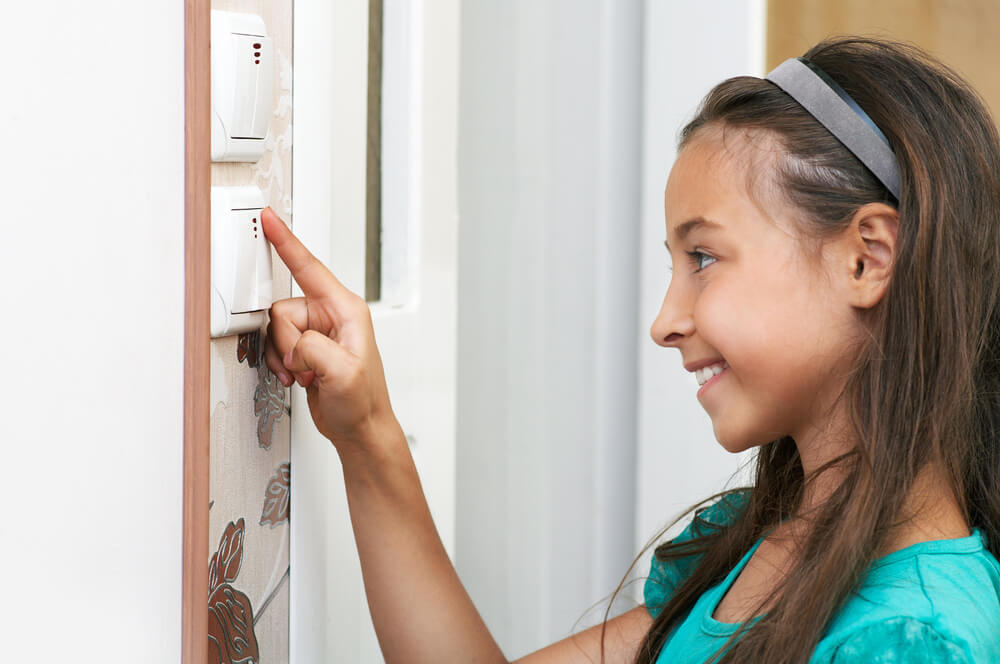From Guest Blogger Tanya Meyer: How To Save Money On Electricity and Help Clean Up the Environment

In this article, we are trying to explore those ways that you don’t think of, or at least emphasize why it is crucial that you consider them when trying to save on electricity.
Compare Energy Providers
Just like any other industry, energy industry consists of different “player” that compete with each other. So, before you focus on your level of consumption, focus on the provider. You can also check the Victorian Energy Saver website. There you can find more detail on this issue.
Moreover, they will provide you with a free automated tool you can use to compare prices (instead of doing it manually).Once you find your perfect provider, consider opting for it.
Appliances
Instead of going through every individual object in your house, know that every one of them saves electricity, whether or not you use it. Only when the device is unplugged, it will not use power.
According to Lendi, your devices use 75% of the electricity even when they are unplugged. So, make sure you unplug your appliances if you don’t use them and want to save money on electricity.
Furthermore, try to be as conservative as possible when you use the most significant electricity consumers: air conditioner, water heater, refrigerator, dishwasher, dryer.
Purchase Quality Appliance
When you are purchasing any device, make sure that it conserves energy and that it uses it efficiently. While you might save money initially, buying cheaper appliances will cost you in the long run.
For instance, most washing-machines and dishwashers come with energy certificates, and you should consider buying the one that has a better certificate rating since they are good indicators of how much energy specific machine consumes.
Conserve Heat
This part will take you back to your physics class, specifically thermodynamics. Insulation will conserve heat, consequently cutting your electricity bill. The first law says that “the internal energy of an isolated system is constant.”
This means that the better the insulation, the more heat you conserve and the more money you save. Apart from the outer insulation, you can also cover all the cracks in your windows and doors, especially if they are old.
More importantly, most of the heat will go upwards and through the roof so try to think of an efficient way to entrap the weather and not allow it to leave your house as fast as it can.
Also, if you have several rooms on one floor and you are only heating one room, the heat will go away faster than it would if you heated all rooms; this will make a lot more sense if every room is used and occupied by someone.
Save On Hot Water
Anything related to hot water costs money. For instance, BC Hydro suggests several things:
- Take short showers. Believe it or not, if you cut the duration of showering time by just 1 minute, you can save $15. And if everyone in your home does the same, you can save a lot of money.
- Turn off water whenever you are using hot water (shaving, brushing teeth, etc.)
- Consider washing your clothes in cold water (water is doing the cleaning, not the heat)
- Alas, think about all the other ways you use hot water and try to be as conservative as possible.
Air Drying
When it comes to drying your clothes and dishes, always opt for drying it naturally. Whenever possible, utilize the power of the wind and the sun to dry your clothes.
According to the Constellation, skipping the heat drying cut dishwasher energy consumption from 15% to 50%, depending on the type of machine.
Invest In Solar Panels
Solar panels are becoming more popular, especially in the countries that are exposed to a lot of sunlight. A lot of governments are also becoming more aware environmental problems and are subsidizing companies and citizens via various programs.
Solar panels aren’t cheap, and if can get financial support from your government, that would be great. Still, even if you don’t receive support, it is worth it to install the panels. The panels aren’t cheap but will pay for themselves in the next couple of years.
